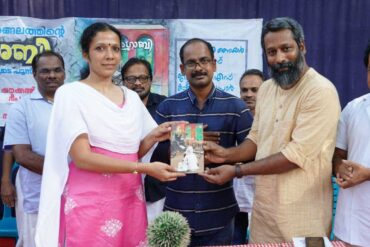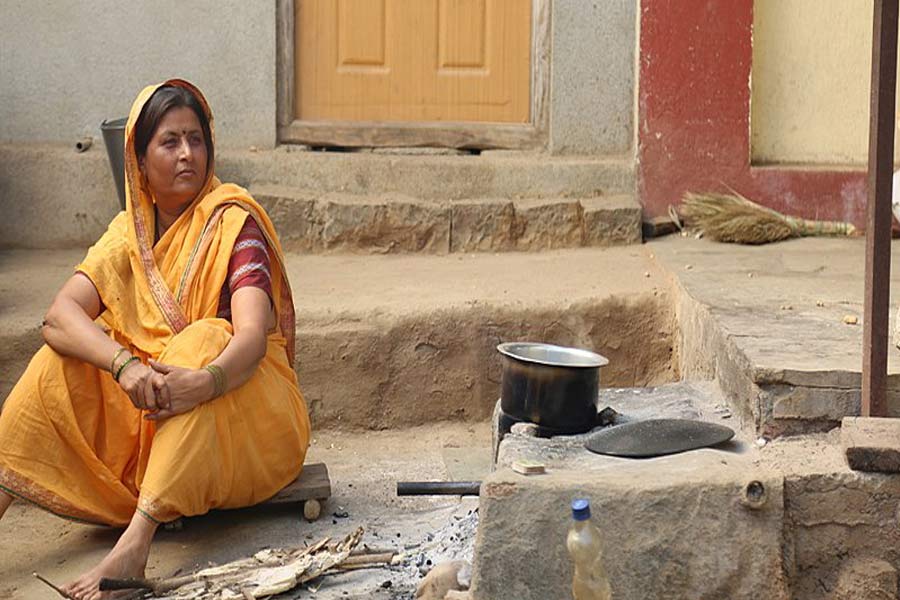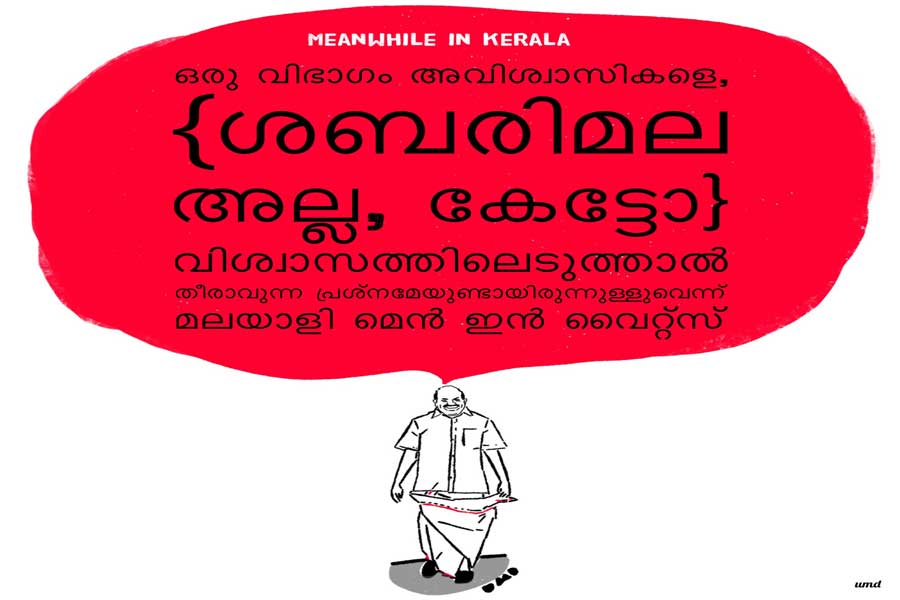In the Indian economic context, one of the most elusive parameters on the rural poor is the exploitation of ‘time’.
It is not the same as ‘investment of time,’ where the individual spends time on activities by choice and not doing so will not adversely affect his or her living conditions. On the other hand, the ‘exploitation of time’ devalues time of the poor, which requires them to work for longer hours, just to make ends meet.
Time as a resource is appropriated by the system from the poor and maintains them in a steady or deteriorating state of poverty. As a result, they must work harder and spend more time but remain poor. This is even more pronounced in the case of women.
Rural women work every minute of every day of the week, month and year. Their work makes a crucial contribution to the income and livelihood of the family, but they neither get recognition for it nor derive monetary benefits out of it. The appropriation of a woman’s time by the family is normalised through tradition and practice. This insidiously creates women-centric routines and unpaid work, both inside the household and on the farmlands.
A rural woman does unpaid farm labour termed often as ‘family labour.’ First, as a young girl, she begins working on the farmlands owned by her father—usually after her school hours. Second, after marriage, she works on the farmlands owned by her husband or his family.
A recent Oxfam-TISS (2019) report based on research among the tea workers in Assam states that women do up to 13 hours of physical labour per day and get just 6 hours of rest. Further, according to a report of the International Labour Organisation, Care Work and Care Jobs: For The Future of Decent Work (2018), while women spend 297 minutes per day on household work, men spend only 31 minutes. Also, there is a 40 per cent gap between care given by women to children and the elderly, as compared to men.
A rural woman’s work inside her home covers all aspects of food, sanitation, education and health. Recent research in rural Karnataka by this writer reveals that a woman in a poor household follows a punishing schedule without any respite. Her day begins at 5 am—usually with cooking in the kitchen with supplies she might have gathered the day before from the farmland or procured from the grocer. Cooking takes a few hours, as it includes not only making breakfast but also lunch for the household, as she would be away for the day working as a farm labour.
The mode of cooking depends on the level of poverty of the family and has an impact on the time a woman spends in the kitchen. For instance, women in villages of Marathwada region of Maharashtra preferred fuel wood so as to save money on cooking gas. This demonstrates how poverty increases the demand on a rural woman’s time without adding to either her productivity or income.
Similarly, household consumption of water is a woman’s responsibility and, once again, poverty has an impact on expenditure of water. Women clean the premises of the household, mostly without any help from the male members of the family. This also includes cleaning of the washrooms and the yards, all of which is accomplished usually with water drawn from a common village bore well. Few rural households get tap water, and even when there is a pipeline connected, the supply is erratic. The rural woman also cleans the cattle sheds with the water she collects. Along with this, she must ration water for washing clothes of the entire family, another of her ‘daily chore’ that is routinely undervalued.
A woman’s contribution of time in various unpaid work forms the backbone of household survival and village economy. There is a need for quantifying time as a resource and framing policy support based on hours spent working by the poor, especially women. This might be a different paradigm from broad statistical sweeps, like tracking consumption levels. But an economic policy that extracts lesser time from the poor would be the beginning of New India.







